Getting to Know Your Bible, Part 4
| By Sean Cavender |
We have recognized that we are no longer under the Old Testament. The Old Testament was temporary and done away. It was nailed to the cross and now we are under the law of Christ. So the old covenant is no longer the authority we appeal to for worship. No longer are animal sacrifices required, nor is keeping the Sabbath day holy. We do not worship with the use of instruments as they did under the old covenant either. We are under a new law—a better law.
The New Testament is not just new because it’s an updated improvement of the Old Testament. We are under a better system, a new covenant. This covenant has been established by the blood of Jesus Christ. So let’s become more familiar with our New Testaments.
The New Testament teaches us about Christ and His church. There are 27 books in our New Testaments.
There are four books which we call “the
Gospels,” (Matthew, Mark, Luke, John) which tell us about the birth, life, death, and resurrection of Jesus Christ. Within the gospels we learn of Jesus’ great teachings and how we ought to live.
We learn from the book of Acts, the one book of history of the actions of the apostles and early church. We the conversions of sinners, coming to faith in Christ and being added to the Lord’s church.
Then we have 21 letters that are written to local churches or individuals to aid in instruction of the churches.
- Letters of the Apostle Paul — Romans, 1 & 2 Corinthians, Galatians, Ephesians, Philippians, Colossians, 1 & 2 Thesslonians, 1 & 2 Timothy, Titus, & Philemon (13 epistles, that are arranged from longest to shortest, generally-speaking).
- General Letters to churches and individuals by other apostles and leaders in the churches (8 books)
- Hebrews by an unknown author
- James wrote the epistle of James
- Apostle Peter wrote 1 & 2 Peter
- Apostle John wrote 1, 2, & 3 John
- Jude wrote the epistle of Jude
The New Testament closes with one book of prophecy: the book of Revelation. This book uses a lot of figurative language, but its overall message is full of comfort—the church will be victorious over Satan!
We need to read our New Testaments and learn from them. When we do, we will become more familiar with Jesus of Nazareth, the Son of God. We will learn of His teachings and how He wants us to live. We will also learn of the church that He promised to build and die for (Matthew 16:18; Acts 20:28). Then through studying the epistles of Paul, James, Peter, John, and Jude we understand more clearly the church and how we should live and what we should believe. Then we are given hope and assurance at the close of the New Testament, knowing that Christ and His church will be victorious!

